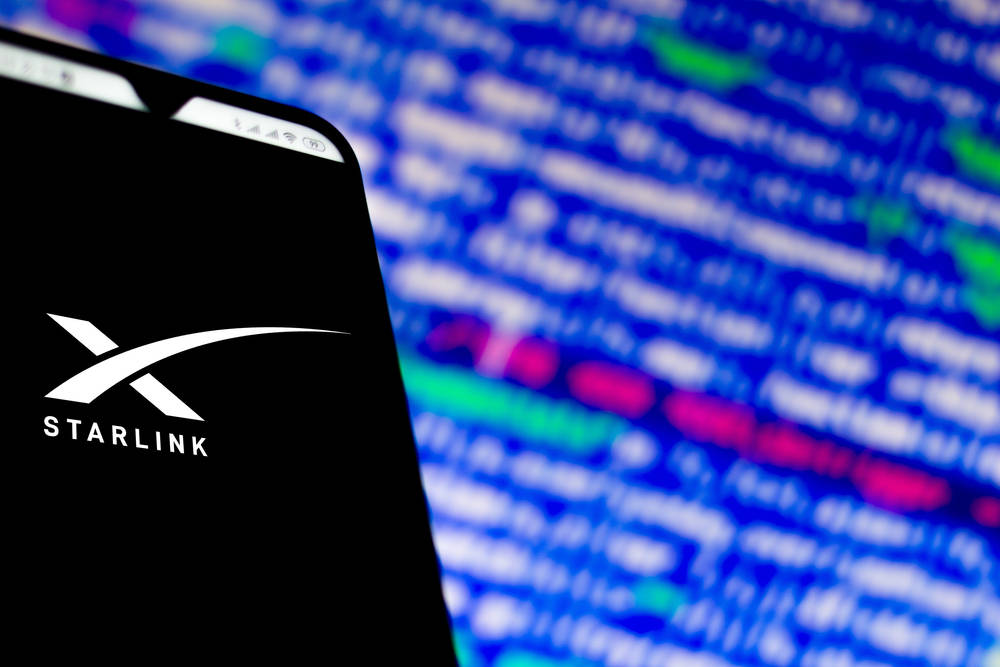US Lawmakers Dig Into FCC's $900M Starlink Snub In Wake Of Hurricane Helene

The Chairman of the US House Committee on Oversight and Accountability, James Comer, is investigating the Federal Communications Commission's (FCC) decision to revoke an award of almost $900 million in rural broadband subsidies to Elon Musk's Starlink.
Comer's probe comes after Starlink was pressed into service in the aftermath of Hurricane Helene, which wreaked havoc in North Carolina. In his letter to FCC Chairwoman Jessica Rosenworcel, Comer wrote: "The devastating impact of Hurricane Helene – and the millions of Americans stranded without cell service or power – illustrates the importance of expanding broadband access to rural areas and using innovative technologies to do so."
The FCC awarded Starlink $885.5 million in subsidies in 2020 after SpaceX began trialing the satellite constellation network service. In 2022, the FCC reversed its decision. Rosenworcel acknowledged the system's merits, but said in a statement: "The question before us was whether to publicly subsidize its still developing technology for consumer broadband."
The rejection was reaffirmed in 2023. However, SpaceX boss Elon Musk – the world's richest man, with a net worth of approximately $260 billion – is still smarting, and recently used his social media mouthpiece, X, to claim: "Had the FCC not illegally revoked the SpaceX Starlink award, it would probably have saved lives in North Carolina."
- SpaceX accuses 'meme-stock' rival of 'misinformation' over Starlink signals waiver
- Musk's Starlink rockets to 4 million subscribers
- Starlink-branded hardware reportedly found amid wreckage of downed Russian drone
- Starlink's new satellites emit 30x more radio interference than before, drowning cosmic signals
The FCC has given temporary approval to enable Starlink satellites with direct-to-cell capability to provide coverage for cell phones in the affected areas of Hurricane Helene. Since the direct-to-cell constellation is still under construction, SpaceX warned that "all services will be delivered on a best-effort basis."
In support of the investigation, Comer has requested all documentation regarding Starlink's application, the decision to award broadband subsidies, and the subsequent decision to pull the award. Comer has also requested "all documents and communications between FCC personnel regarding Elon Musk, the acquisition of X (formerly known as Twitter), and Space Exploration Technologies Corporation (or SpaceX), and Starlink, between December 2020 and the present."
Comer noted that not all FCC commissioners agreed with the reversal decision. He gave the example of Brendan Carr arguing that the FCC had joined a "growing list of administrative agencies that are taking action against Elon Musk's businesses" and stated that "the FCC must ground its decision-making in law and not politics." ®
From Chip War To Cloud War: The Next Frontier In Global Tech Competition
The global chip war, characterized by intense competition among nations and corporations for supremacy in semiconductor ... Read more
The High Stakes Of Tech Regulation: Security Risks And Market Dynamics
The influence of tech giants in the global economy continues to grow, raising crucial questions about how to balance sec... Read more
The Tyranny Of Instagram Interiors: Why It's Time To Break Free From Algorithm-Driven Aesthetics
Instagram has become a dominant force in shaping interior design trends, offering a seemingly endless stream of inspirat... Read more
The Data Crunch In AI: Strategies For Sustainability
Exploring solutions to the imminent exhaustion of internet data for AI training.As the artificial intelligence (AI) indu... Read more
Google Abandons Four-Year Effort To Remove Cookies From Chrome Browser
After four years of dedicated effort, Google has decided to abandon its plan to remove third-party cookies from its Chro... Read more
LinkedIn Embraces AI And Gamification To Drive User Engagement And Revenue
In an effort to tackle slowing revenue growth and enhance user engagement, LinkedIn is turning to artificial intelligenc... Read more

